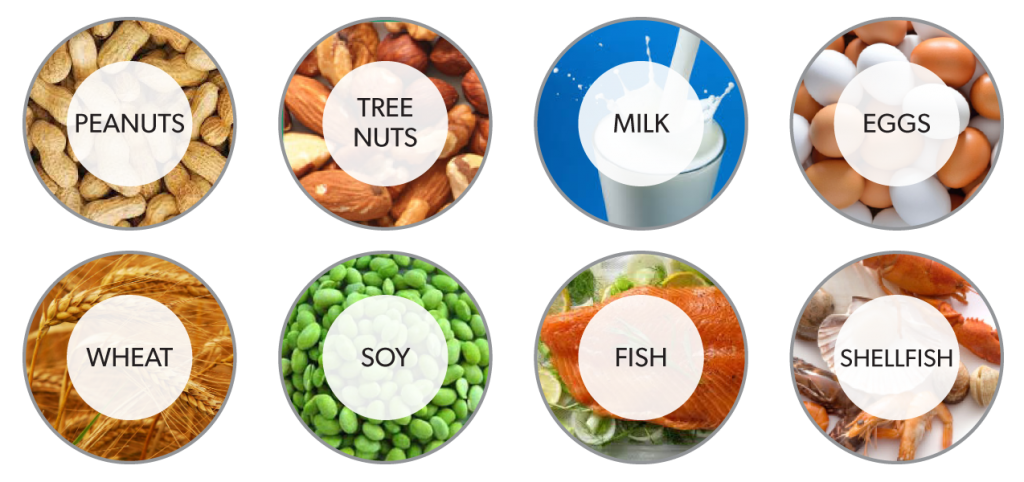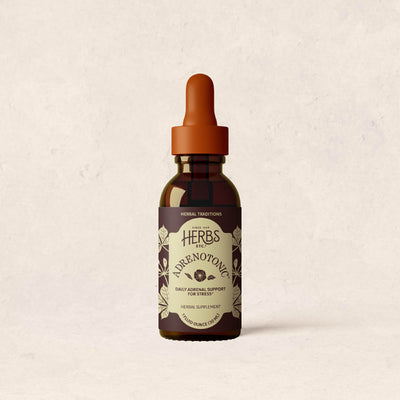Sensitivity to foods

Are you increasingly sensitive to foods? Maybe you haven’t a clue as to which food is bothering you. Are you aware of which foods are the biggest troublemakers for most people? No matter what the cause of your intestinal distress, follow these four guidelines, and chances are you’ll start feeling better.
1. To begin rebuilding your digestive tract, turn to vitamin A and zinc for help.
These two foundational nutrients keep your “inner skin” healthy. Just as the skin covering your body protects it, mucous linings in your intestines form a protective barrier. This specialized barrier allows beneficial nutrients to enter the bloodstream, but keeps everything else out. Find vitamin A in green, yellow, red, and orange vegetables. Good sources of zinc include herring, oysters, Brazil nuts, nuts, sunflower and pumpkin seeds, whole grains, green beans, and lentils.
2. Probiotics work in countless ways to normalize and support the health of the intestinal lining.
Start by focusing on Lactobacillus rhamnosus and L. bifidobacterium. You may also acquire probiotics by eating naturally fermented and cultured foods such as sauerkraut and yogurt. A fiber-rich diet encourages these friendly bacteria to stick around and raise their families. Don’t just think of wheat bran cereal for breakfast! A whole-food diet with ample vegetables, fruits, beans, and whole grains will provide what you need.
3. The most common foods that cause problems and make your digestive linings overly sensitive include: Gluten, cow’s milk products, eggs, nuts (especially peanuts), corn, citrus, soy (found in almost all processed foods), and shellfish.
Try eliminating all of these foods from your diet, then introduce each food, one at a time, every four days, and evaluate.
4. The following foods and herbs are particularly supportive for distressed intestinal linings: Fresh vegetable juices (especially green cabbage), vegetable or bone broths, aloe vera juice, okra, Slippery Elm bark, and Licorice root.



